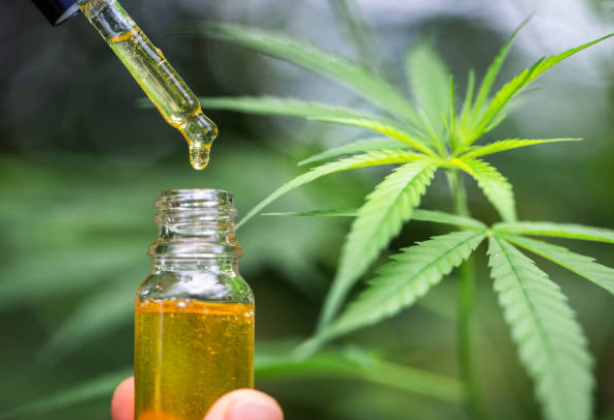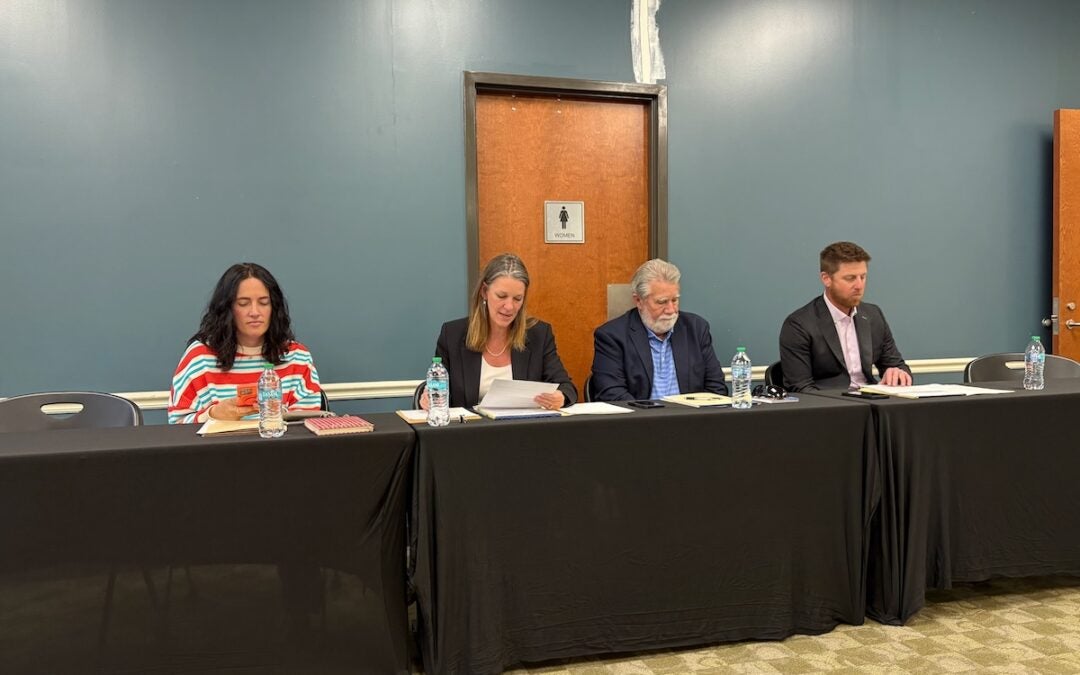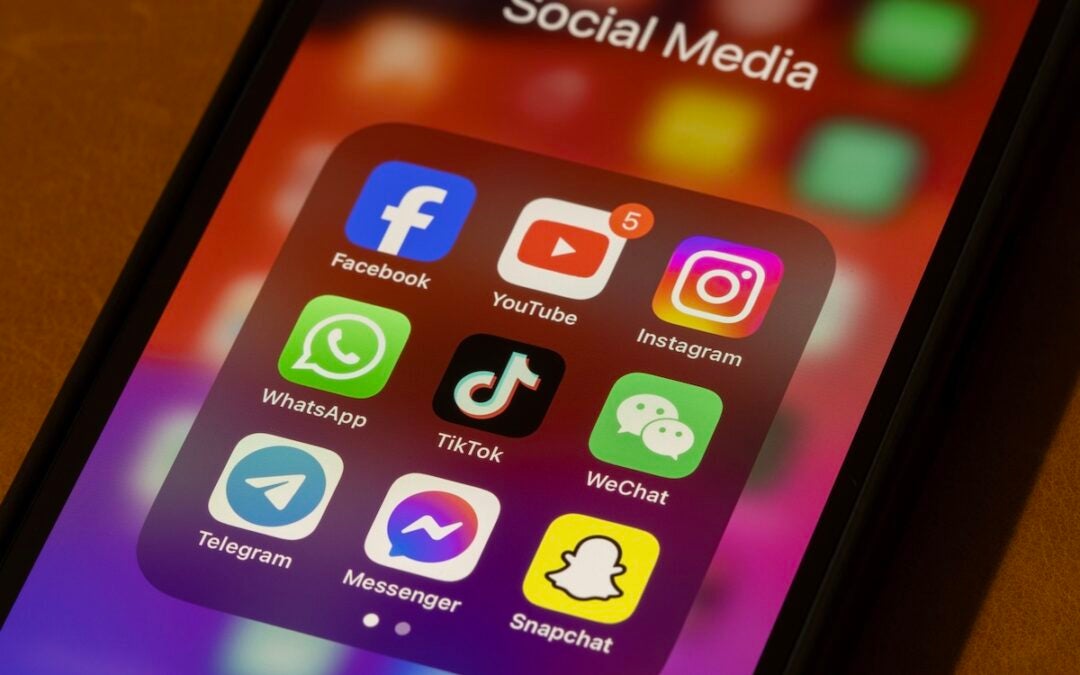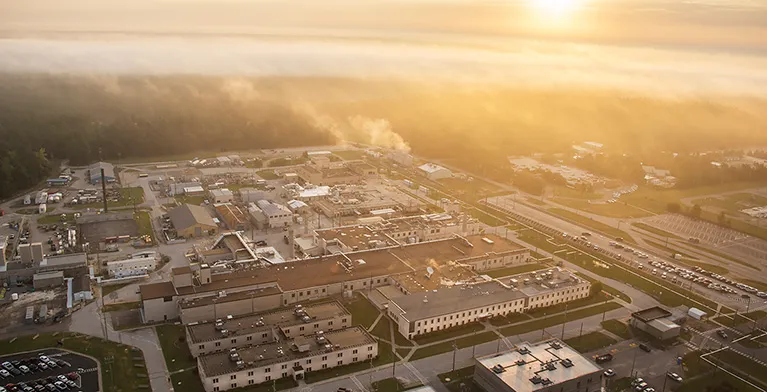by Ty Tagami | Capitol Beat News Service
ATLANTA — Doctors gave Jennifer Conforti’s little girl powerful drugs to help her live with profound autism.
Abby, who is 15 now, was 3 when she was taking benzodiazepines to help with her reactions, such as biting the skin off her arm, Conforti said. The drugs were not helping, she said, and after Abby had to be restrained at school, Conforti decided to break the law.
She figured out how to source marijuana and break it down into a concentrate in her kitchen, she told lawmakers at the Georgia Capitol last month.
A decade ago, lawmakers passed a medical cannabis law that lets patients on a state registry obtain low-THC oil.
That helped, said Conforti, but she testified that patients need a product with higher levels of THC — the intoxicating psychoactive agent in marijuana — and in more forms than oil, for instance, vape products or the flower from the plant itself.
“People are still breaking the law to get the type of medicine that they need for the people they want to help,” she said.
But lawmakers have also heard from medical experts who spoke of the dangers of using THC, including an increased risk of psychosis, heart attack and pancreatitis.
It has also been associated with a higher risk of suicide and death, said Dr. Elizabeth McCord, who is trained in internal medicine and psychiatry. She teaches at a public safety net hospital in Atlanta that she disclosed to a reporter but said she didn’t want broadcast publicly during her testimony Friday, the last of four legislative hearings about medical marijuana and hemp products.
Marijuana use can reduce brain volume and permanently reduce IQ in children, she said.
There is not much research on the effects because of the challenges of studying users of a Schedule 1 drug, especially children, McCord said. Because of that, she told the lawmakers, “The word ‘medical’ cannabis is really misleading.”
Members of the legislative study committee have been squeezed by impassioned people on both sides of the debate, from those who want freer access to those who want something close to prohibition, at least for children.
Absent clear and compelling research, the lawmakers will have to chart a path forward based on anecdotes and tangential data, such as testimony from a poison control official about the explosion of childhood visits to the emergency room after Congress legalized intoxicating hemp products in 2018.
The legislative panel has been gathering information since the summer and concluded its hearings Friday.
House Speaker Jon Burns empaneled the Blue Ribbon committee after pandemonium broke out around the issue of THC regulation during the legislative session last winter.
The Senate had rejected a measure to increase the legal limit for THC in medical cannabis and had pushed back with an attempted crackdown on the consumable hemp industry, even trying to ban hemp beverages.
Members of the House meanwhile had talked of expanding sales locations for hemp beverages and of the benefits of medical cannabis.
Lack of an extensive body of research is only part of the problem. The other is the complexity surrounding two different yet essentially identical products under different regulatory schemes: THC from hemp and THC from marijuana.
Hemp is a close cousin of marijuana. The latter is still illegal at the federal level, but in 2018 Congress allowed hemp consumable products containing 0.3% THC by “dry weight,” a measure that has caused some confusion.
The prospect for profit drove innovation and now there are ample hemp-derived products on the market, from gummies to vape liquids. They are widely available, including at gas stations.
This has led to general confusion about the difference between the two categories.
Micah Gravley, a former Republican member of the state House who helped pass Georgia’s medical cannabis law, testified last month that a woman with cancer could not get on the state cannabis registry because her condition was not yet end stage.
“Well, can I just go to the Shell station down the road,” he said she asked him. “I saw that they had some stuff and I could use that, couldn’t I?”
He said a parent of a child who could benefit from marijuana would still find it easier to buy illegal product on the street than obtain “pharmaceutical grade lab-tested safe medical cannabis” from one of the six licensed providers in Georgia.
Rep. Alan Powell, R-Hartwell, is a member of the committee who was sympathetic with Gravley.
“We know that the doctors can’t prescribe because the doctors are absolutely petrified to deal with it,” Powell said. “They might step across the line with DEA or some of their pharmaceutical licensing because it’s still illegal” at the federal level.
Meanwhile, the less constrained hemp products industry has been engineering intoxicating products with an expanding menu of ingredients.
The state Department of Agriculture enforces compliance with legal limits, but local law enforcement and justice officials have testified about obtaining products from gas stations and hiring private labs to test them, finding routine violations.
Gregg Raduka, founder of Georgians for Responsible Marijuana Policy, noted that many new derivatives from hemp plants are not even regulated. He held up a bottle of gummies on Friday that he said he bought at a vape shop in Woodstock.
He noted that the state only regulates “Delta-9” THC per the 2018 federal law, then he read the ingredients on the label: “D8, D9, D11 THC, THCP — which preliminary research shows is at least five times as strong as Delta-9 THC — THD, THCB, THCX.”
At a prior hearing in September, Gaylord Lopez, executive director of the Georgia Poison Center, said his agency had received 1,900 calls since 2022 about children eating hemp edible products, many of them winding up in a hospital emergency room.
He complained about “loopholes being exploited by dorm room chemists” and of a proliferation of intoxicating products causing problems in the health care industry.
“My 10-year-old niece could walk into a gas station and buy these products,” he said. “It’s just heartbreaking.”
Yet, on Friday, the panel heard from another mother who vouched for the healing power of THC. Corey Lowe said her daughter, now 24, suffers from seizures. She was diagnosed with an incurable mitochondrial disease and Lowe said doctors told her she would not live past adolescence. Lowe obtained a nasal cannabis spray with high levels of THC that she said provided instant relief from the seizures. She credits marijuana with extending her daughter’s life.
“Medicine is why we still have her today,” she said, adding that both of her parents have advanced cancer and have benefitted from marijuana use too. “It’s because of the whole plant, full plant medicine,” she said, asking for expanded legal access to marijuana.
Rep. Mark Newton, R-Augusta, is the chairman of the study committee. A medical doctor, he said members of the panel want to consider options besides THC oil in the medical cannabis program.
But he wrapped up the final hearing by noting the challenge of crafting legislation that could satisfy a majority at the Capitol.














